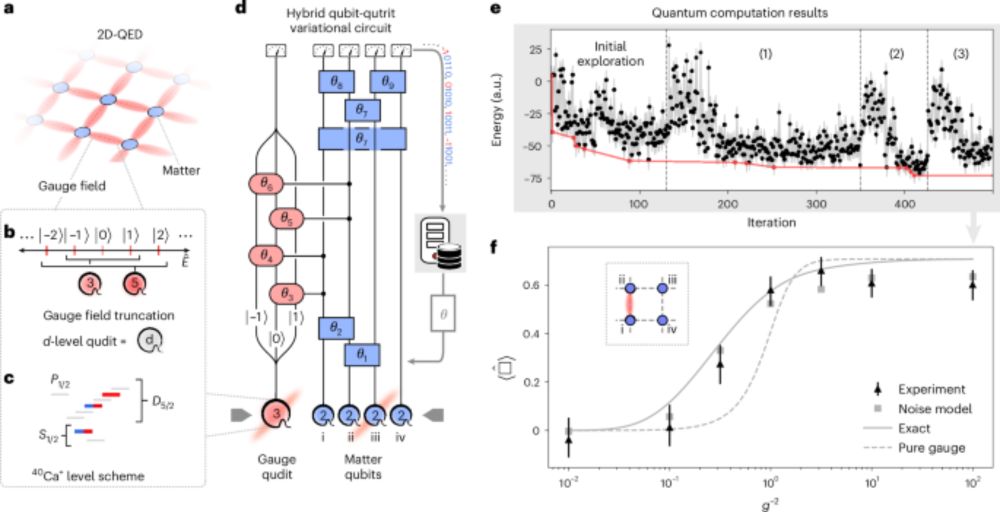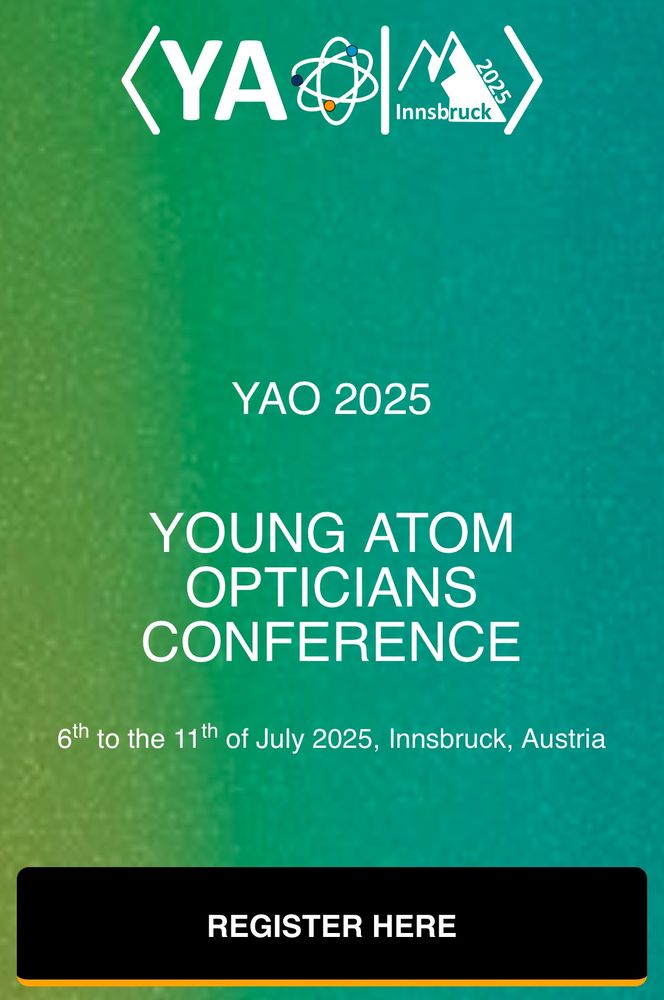
Fight the drain of scientific publishing.
arxiv.org/abs/2511.04820

Fight the drain of scientific publishing.
arxiv.org/abs/2511.04820
journals.aps.org/prx/abstract...
journals.aps.org/prx/abstract...




We were inspired by @vva.bsky.social et al's work on robust encoding of quantum information in quantum rotors.
We developed implementation strategies for Æ-codes in ion traps

We were inspired by @vva.bsky.social et al's work on robust encoding of quantum information in quantum rotors.
We developed implementation strategies for Æ-codes in ion traps

@uniinnsbruck.bsky.social and FZ Jülich. In Steane QEC, the syndrome readout is performed by preparing additional logical qubits and transversal CNOTs.

@uniinnsbruck.bsky.social and FZ Jülich. In Steane QEC, the syndrome readout is performed by preparing additional logical qubits and transversal CNOTs.

